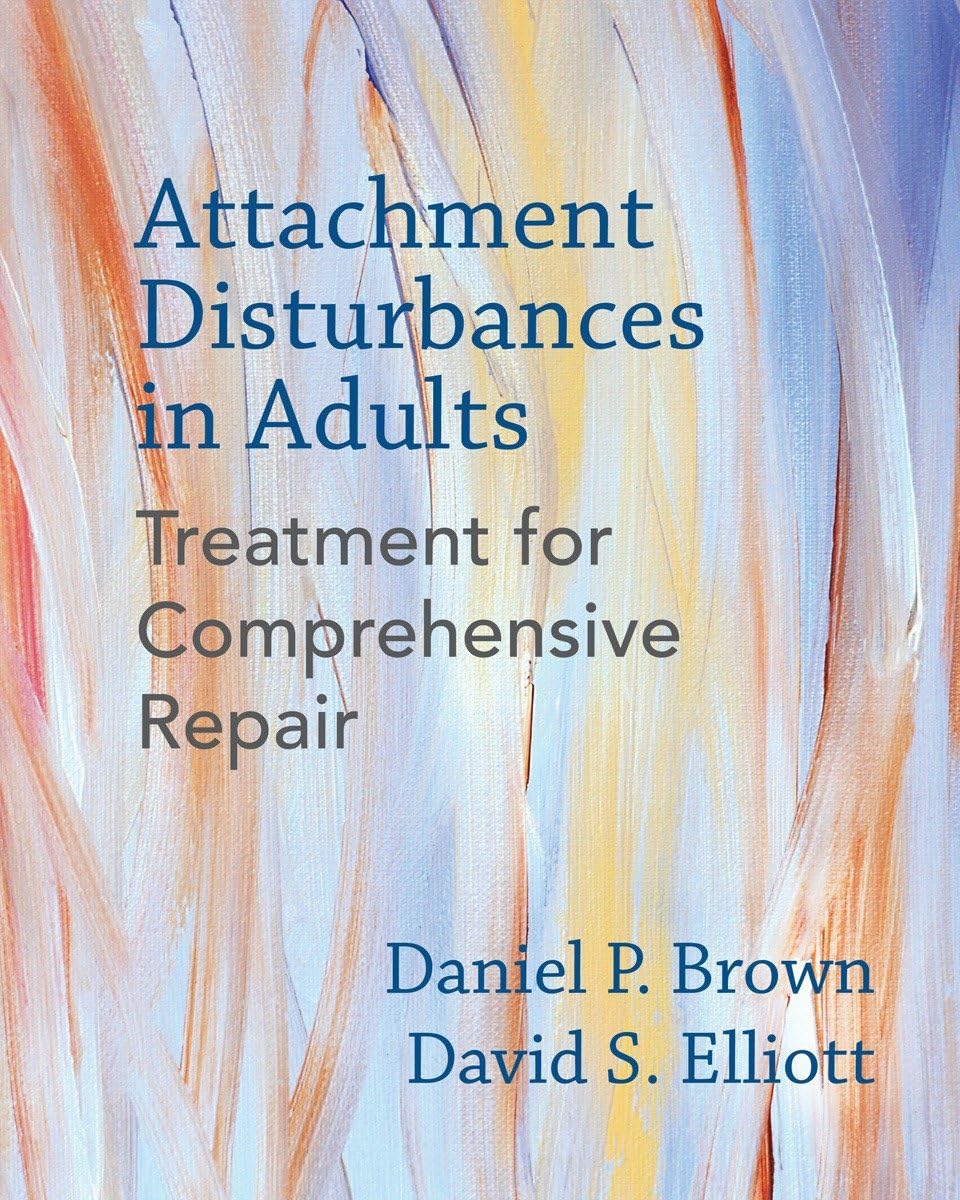https://www.amazon.com/Attached-Science-Adult-Attachment-You...
https://www.amazon.com/Attachment-Disturbances-Adults-Treatm...
My go-to reference is
Attachment Disturbances in Adults: Treatment for Comprehensive Repair by Daniel P. Brown PhD & David S. Elliott PhD. [1]
[0] https://news.ycombinator.com/item?id=21739622
[1] https://www.amazon.com/Attachment-Disturbances-Adults-Treatm...
My go-to reference is
Attachment Disturbances in Adults: Treatment for Comprehensive Repair by Daniel P. Brown PhD & David S. Elliott PhD. [0]
It's a dry academic text intended for therpists that details the development of therapeutic approaches based on attachment theory, as well as specific treatment protocols for various insecure attachment styles.
Change is possible, as is working with people who have attachment difficulties.
George Haas, a meditation teacher in LA, has developed a way of using Vipassana meditation as a method of self-therapy.[1]
[0] https://www.amazon.com/Attachment-Disturbances-Adults-Treatm...


Attached https://www.amazon.com/Attached-Science-Adult-Attachment-You...
A General Theory of Love https://www.amazon.com/General-Theory-Love-Thomas-Lewis/dp/0...
Attachment Disturbances in Adults: Treatment for Comprehensive Repair [academic/professional text] https://www.amazon.com/Attachment-Disturbances-Adults-Treatm...
2) It's harder to make friends as you get older. Most friendships are built on an ongoing shared experience that is challenging, such as being in school together. Most of my adult-onset friendships are a result of having worked in small startup companies that were struggling to survive. Casual meetings of potential friends are much less likely to generate the energy and commitment for developing a friendship. If you're interested in the research on this, look into the work of Robin Dunbar, e.g.,
Friends: Understanding the Power of our Most Important Relationships https://www.amazon.com/Friends-Robin-Dunbar/dp/1408711737/